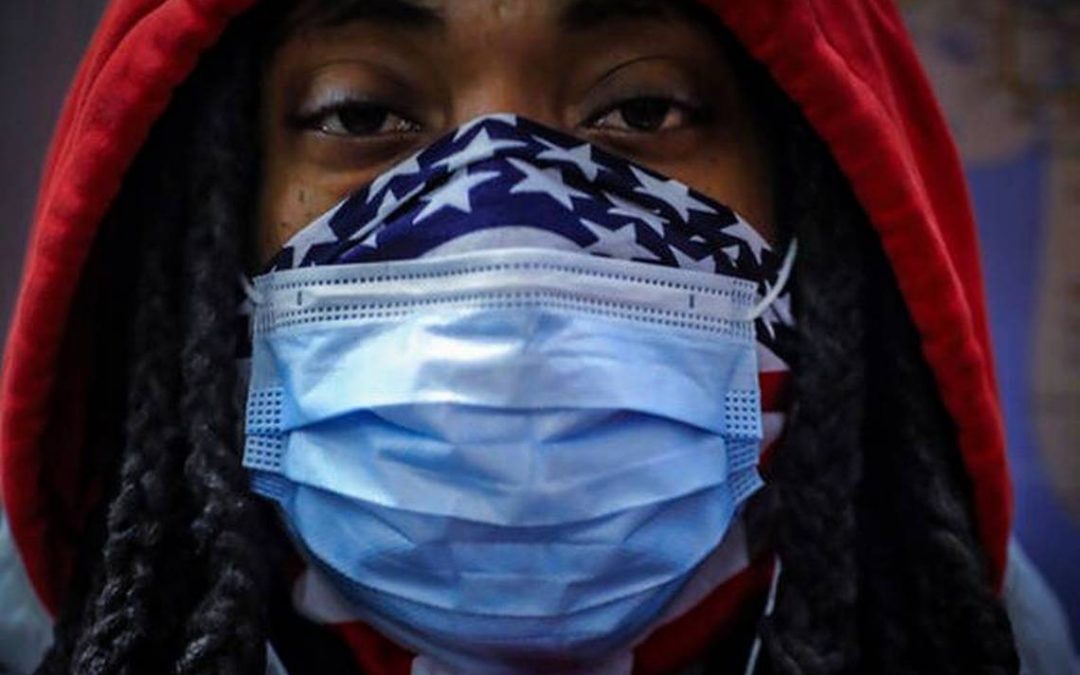As a result of the COVID-19 pandemic, Black and Hispanic households have been more likely to lose income and experience difficulty making rent or mortgage payments, according to our analysis of data from the Census Bureau’s new weekly Household Pulse Survey (HPS).
Our analysis draws on data collected between May 21 and 26 in this weekly survey, which asked nearly 89,000 respondents about their social and economic situations since March 13, 2020, when lockdowns and restrictions began in many states. As discussed in our previous blog, despite its name, the HPS currently presents information on impacted individuals (not households), which may overstate the pandemic’s household-level impacts and makes it difficult to interpret some results. To address this issue, we calculated household-weights and produced household-level estimates.
Using this approach, we found that Black and Hispanic households are much more likely to have been hurt by the economic impacts of COVID-19. More than half of Hispanic (58 percent) and Black (53 percent) households experienced a decline in employment income since mid-March, much higher than the share of Asian/other ethnicity (44 percent) and white (39 percent) households.
Moreover, renters were more vulnerable than homeowners: 52 percent of all renters had lost income from employment in the past two months compared to 39 percent of all homeowners (Figure 1) and Hispanic renters were hit the hardest. Almost two in every three Hispanic renters lost employment income (64 percent), followed by Black (57 percent), Asian/other (51 percent), and white (47 percent) renters. While renters were impacted the most, many homeowners also lost income. Among homeowners, Black and Hispanic homeowners were disproportionally impacted. About half of Hispanic (53 percent) and Black (49 percent) homeowners lost employment income since mid-March, compared with 40 percent of Asian/other ethnicity and 36 percent of white homeowners.
Read full article here.


